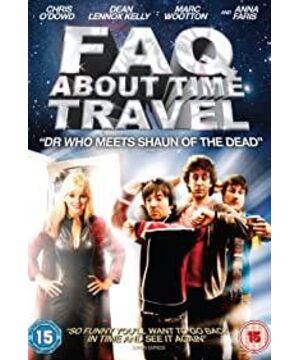2. The development of the plot is to let Fatty's works be destroyed, and he cannot become a writer, thus avoiding being killed. Then the previous editor came because of the piece of paper, which became the "grandfather's paradox": only with the piece of paper can there be an editor, if the paper is destroyed, there will be no editor, and without the piece of editor paper, it should not be destroyed. At this time, the screenwriter chose to return the time to the time before the birth of the paper (whether it was "before" or not, in short, the paper is gone, and the editor will not have it), thus explaining a possibility after the occurrence of the grandfather paradox (that is, all the are gone).
3. Based on 1, 2, ., it seems that the more logical process should be: the appearance of the editor means that the fat man not only wrote the piece of paper, but also wrote the garbage works later (so the editor will appear in this killing fat man task), which also means that the editor did go back to the past, but found that the fat man could not be killed, and the piece of paper would not be destroyed (because the death of the fat man will cause 1, and the destruction of the piece of paper will cause 2).
But 3 will come to the following conclusion: the editor itself is a paradox. If you want to change the history, it is destined to change. The existence of the editor is meaningless.
View more about Frequently Asked Questions About Time Travel reviews











